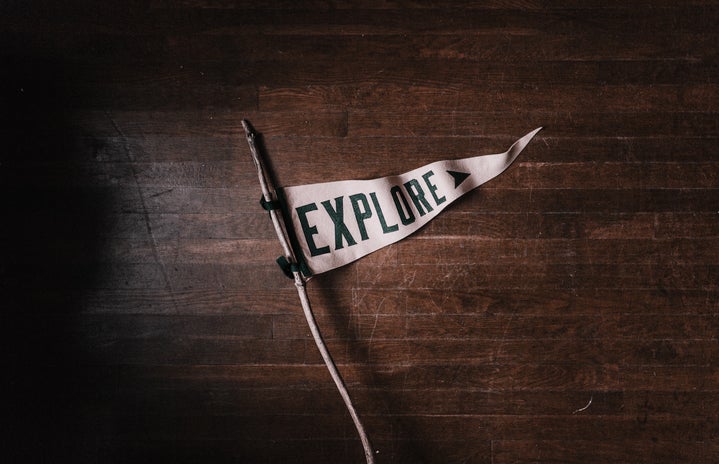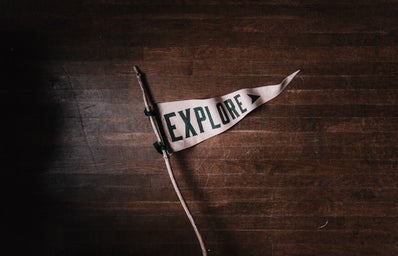When you think Cuba, you think Castro, you think Cold War, you think Kennedy, Bay of Pigs, etc. But do you think tourism, culture and leisure? Before I took advantage of the Honors College website and found out about how colleges are able to go to Cuba for educational trips, my mindset was more of the former.
That changed, mostly, when I learned about the trip the Honors College is taking this May to Cuba. As someone who is privileged, but also knows that a study abroad trip isn’t something that grows on trees, being able to go on this trip sounded like a dream. After applying and getting put on the roster, my dreams became what is now a very real trip. I’m going to Cuba!
But, of course, going to Cuba isn’t just an “okay get your luggage” kind of affair. Going to Cuba has required learning about the country’s history and culture through the once a week course taught by history professor, Dr. Tiffany Sippial; learning how to comport one’s self in a foreign country through student presentations and research; study abroad meetings, which everyone has to attend; and, of course, asking myself, “Why am I going?”
I remember distinctly on the first dayof class, one classmate said, “Because it’s Cuba!” I cannot speak for her, but her sentiment is interesting. Cuba and the U.S.’s relationship —since the U.S. tried to make it a modern colony following the Spanish-American War in the late 1890s and Cuba’s adoption of communism with Fidel Castro’s revolution against dictator Fulgencio Batista (more info here) —has always, to this generation, been a tenuous, yet exciting political event.
I want to set politics aside, but Cuba and the U.S.’s relationship is all politics; you just can’t avoid it. Recently, President Obama visited Cuba and opened a channel of communication between the countries, like Nixon did with China in the 1970s. However, as always with politics, there’s no immediate guarantee that the countries are now amicable. I’m anxious to see how the relations between these two countries will play out while I’m there and after I’ve left. For now, I have been learning about the literature, the sports, the eco-politics, and the food.
Dr. Sippial, the head of the program, told me that since she first went to Cuba in 1996 that she was blown away by Cuba and the level that the histories of Cuba and the United States are intertwined.
“The mix of histories is intriguing,” she said. “We as countries are so close, yet so far away.”
She promotes going on this trip, the first Auburn University student trip to Cuba, for people to see how closely linked the United States and Cuba really are.
“I encourage people to go to understand the dynamic between Cuba and the United States,” Dr. Sippial said, “because it will reveal how we parted and the to be determined relationship when we come back together.”
This attitude about Cuba —the historical, political, and social histories we share with them, a country only 90 miles off the coast of Florida —is what draws me to Cuba the most. I can’t wait to speak Spanish and talk with everyone I meet (the ones who will talk to me, haha).
For now, I have to start packing and start organizing my two carry-ons. In less than two weeks, I’ll be flying out of Miami to Havana.


